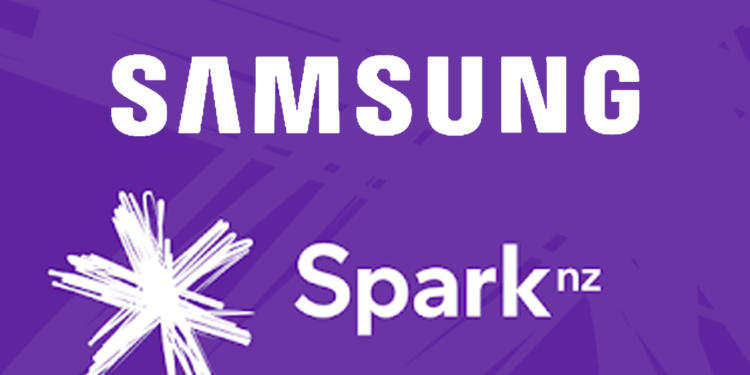Samsung Electronics announced on Wednesday that it signed an agreement to supply 5G-powered network equipment to Spark, New Zealand’s no.1 mobile carrier.
Under the agreement, the South Korean company would provide 5G network equipment and aid New Zealand’s largest mobile carrier to build its 5G-powered infrastructure this 2020. However, Samsung did not disclose details of the deal.
Both companies already began working on network innovation, starting with 5G trials in 2019. The tests utilized Samsung’s 5G-based end-to-end solutions to test and verify the potential of next-generation network technology at Spark Lab.

5G Network Equipment
Samsung Networks will supply Spark with its latest 5G New Radio (NR) solutions, including Massive MIMO radios that offer space-saving and ease of installation. The equipment provides mobile carriers with added flexible and scalable 5G solutions. The technology is simple, cost-effective to deploy and accelerate commercial 5G availability.
Since April last year, through nationwide roll-outs, Samsung’s Massive MIMO solution has been commercially proven by all three mobile operators in South Korea. In addition, Samsung would commercialize the 5G solution in Japan this month.
Beneficial Collaboration
General Manager of Value Management of Spark, Rajesh Singh, said that the company is pleased to have Samsung as its 5G vendor for their mobile services. He added that Spark selected Samsung because of the Korean tech company’s 5G NR solutions which deliver enhanced network capability, high-quality connections, and state of the art technology.
Kim Woo-june said that they are excited to start the partnership with Spark bringing the power of 5G to New Zealand. Woo-june is the Executive Vice President and Head of Global Sales & Marketing, Networks Business at Samsung Electronics.
Samsung Networks is one of the companies that successfully offer 5G end-to-end solutions ranging from chipset, radio, and core to cloud platform for both mid-band and mmWave frequencies.
The company has been supporting 5G commercial services in leading commercial markets, including Korea and the U.S.







